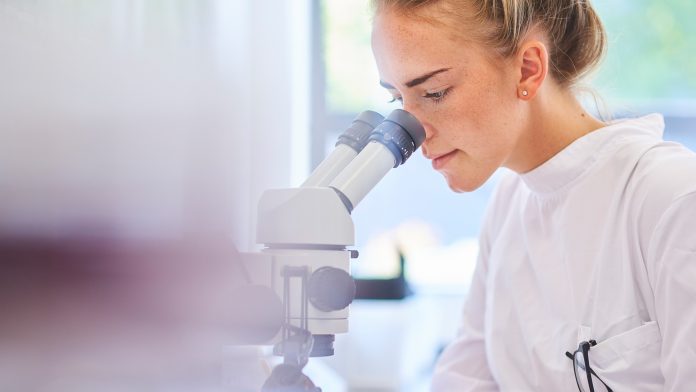
A recent discovery by scientists at the University of Nottingham has found that a plant-based antiviral treatment is effective at treating all variants of the virus SARS-CoV-2.
A new study published in Virulence, led by Professor Kin-Chow Chang from the School of Veterinary Medicine and Science at the University, found that the Delta variant of SARS-CoV-2 compared with other recent variants showed the highest ability to multiply in cells and was most able to directly spread to neighbouring cells.
Furthermore, the scientists discovered that a novel natural antiviral drug, called thapsigargin (TG), also discovered by scientists from the University of Nottingham to block other viruses, including the original SARS-CoV-2, was just as effective at treating all the newer SARS-CoV-2 variants.
Treating SARS-CoV-2 with Thapsigargin
The team at the University of Nottingham had previously studied the plant-derived antiviral and found that, at small doses, it triggers a highly effective broad-spectrum host-centred antiviral innate immune response against three major types of human respiratory viruses, including SARS-CoV-2.
In the latest study, the team aimed to discover how well the emergent Alpha, Beta and Delta variants of SARS-CoV-2 were able to multiply in cells relative to each other as single variant infections and in co-infections where cells are infected with two variants simultaneously. They also wanted to know just how effective TG was at blocking the emergent variants.
The scientists found that all SARS-CoV-2 variants were highly susceptible to TG treatment. A single pre-infection priming dose of TG effectively blocked all single-variant infections and every co-infection at greater than 95% relative to controls. TG was effective in inhibiting each variant during active infection.
The dominance of the Delta Variant
The study also showed how spreadable the delta variant is compared to the Alpha and Beta versions. The Delta variant possessed the highest ability to multiply in cells and was most able to spread directly to neighbouring cells; its amplification rate at 24 hours of infection was over four times that of the Alpha variant and nine times more than the Beta variant.
Additionally, in co-infections, the Delta variant boosted the multiplication of its co-infected partners. Co-infection with Alpha and Delta or Alpha and Beta conferred multiplication synergy, where total new virus output was greater than the sum of corresponding single-variant infections.
Professor Kin Chow Chang, lead author of the study, said: “Our new study has given us better insights into the dominance of the Delta variant. Even though we have shown that this variant is clearly the most infectious and promotes production of other variants in co-infections, we are pleased to have shown that TG is just as effective against all of them. Together, these results point to the antiviral potential of TG as a post-exposure prophylactic and an active therapeutic agent.”








